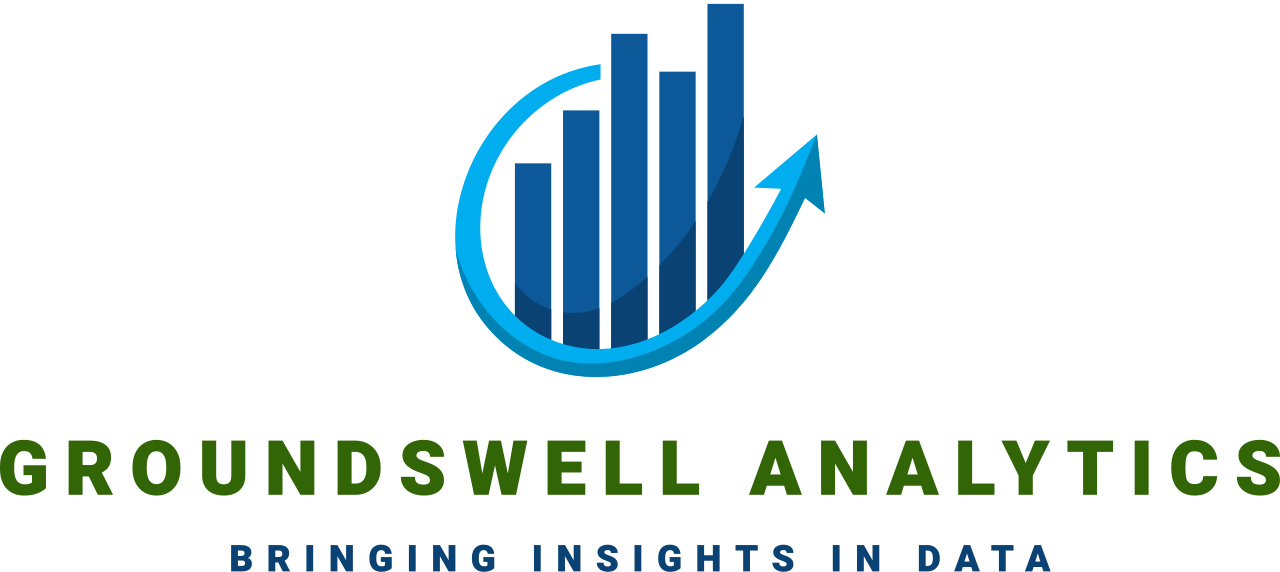I was sitting in church today and heard the parable of the mustard seed. Some of you might know it but it goes like this:
"The Kingdom of Heaven is like a grain of mustard seed, which a man took, and sowed in his field; which indeed is smaller than all seeds. — Matthew 13:31
Well, a mustard seed is small -true- but it grows. A LOT. It is one of the more aggressive plants (technically it's a weed, but I digress). If left to its own devices it can get quite out of hand.
The seeds remain viable in the soil for many years, germinating immediately when exposed during cultivation... Mustard grows everywhere as a weed with no care whatever, but it will grow better if you pamper it a bit. -motherearthliving.com
And sitting in my pew, I began to think about how true this could be in our world of Big Data. If we allow things to grow, with some cultivation, we can bring about some great results IF we are allowed to plant in good soil.
To many times, I have seen managers want to start projects without preparing the soil. Or we become too obsessed with the tools. We get stuck looking for the perfect tool, the perfect system or we decide it's not worth the effort. Let's outsource! Someone else will be able to figure this out.
Here is the lesson:
Your data is like a mustard seed. They are so small and numerous, they need good soil, they can grow fast, and if you don't manage it will take over. But if you are willing to put in the work, trust the seed to grow with your vision for it amazing things can happen for you and your business.
Don't be afraid to plant.




